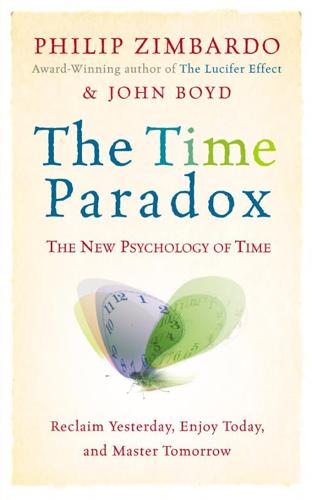overconfidence effect
description: bias in which a person's subjective confidence in their judgements is reliably greater than the objective accuracy of those judgements
1 results

Time Paradox
by
Philip G. Zimbardo
and
John Boyd
Published 1 Jan 2008
., “The Illusion of Control Among Depressed Patients,” Journal of Abnormal Psychology 88: 454–57 (1979). 49. L. B. Alloy and L. Y. Abramson, “Judgment of Contingency in Depressed and Nondepressed Students: Sadder but Wiser?” Journal of Experimental Psychology: General 108: 441–85 (1979). For a contrary view, see D. Dunning and A. L. Story, “Depression, Realism and the Overconfidence Effect: Are the Sadder Wiser When Predicting Future Actions and Events?” Journal of Personality and Social Psychology 61: 521–32 (1991); and R. M. Msetfi et al., “Depressive Realism and Outcome Density Bias in Contingency Judgments: The Effect of the Context and Intertrial Interval,” Journal of Experimental Psychology: General 134: 10–22 (2005). 50.
…
Miller, “Trends and Debates in Cognitive Psychology,” Cognition 10: 215–25 (1981). 25. D. T. Gilbert and T. D. Wilson, “Miswanting: Some Problems in the Forecasting of Future Affective States,” in Feeling and Thinking: The Role of Affect in Social Cognition, ed. J. Forgas (Cambridge: Cambridge University Press, 2000), 178–97. 26. D. Dunning et al., “The Overconfidence Effect in Social Prediction,” Journal of Personality and Social Psychology 58: 568–81 (1990); and R. Vallone et al., “Overconfident Predictions of Future Actions and Outcomes by Self and Others,” Journal of Personality and Social Psychology 58: 582–92 (1990). 27. D. W. Griffin, D. Dunning, and L.